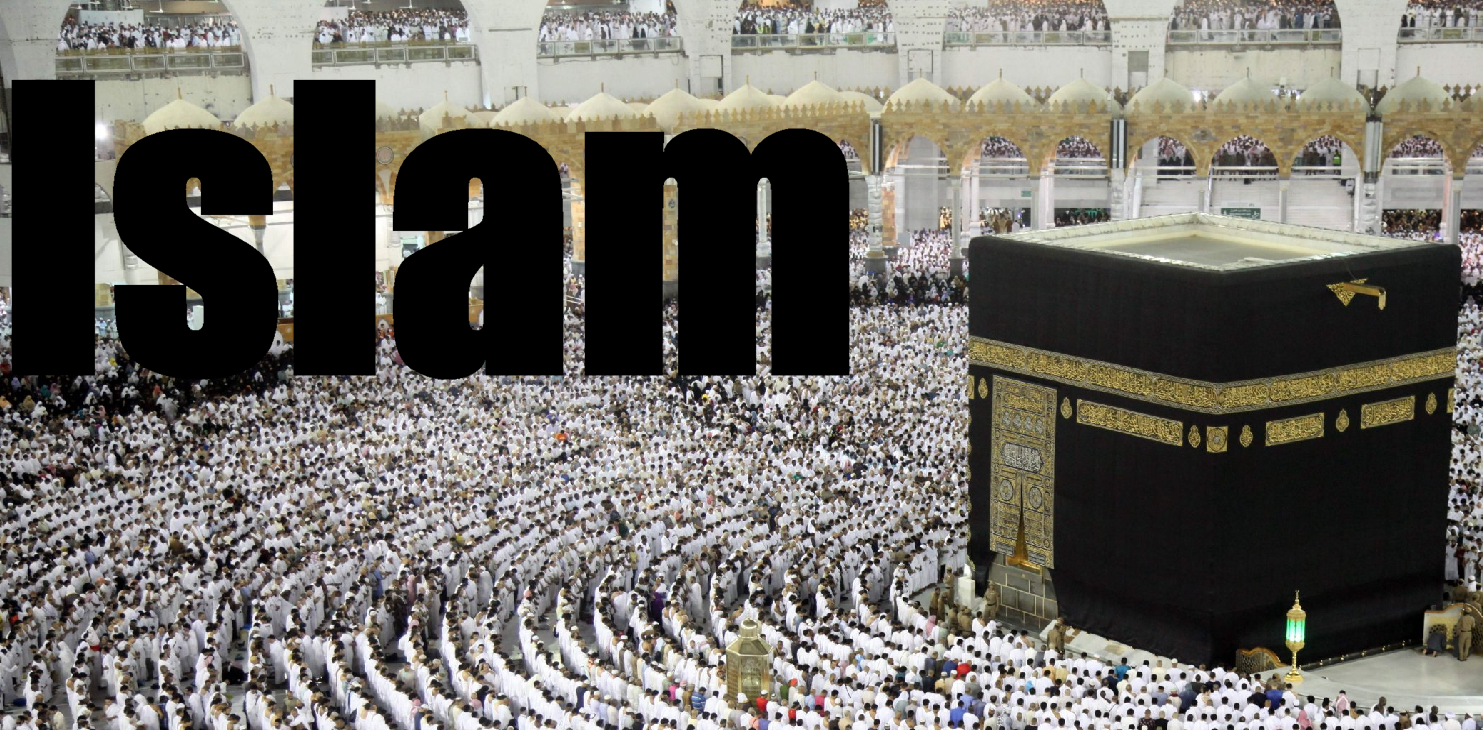To understand why we should reject Islam, we have to understand the basics. So this post is the basics of Islam. Enjoy!
Common Words
Allah: Allah is the God of the Quran.
Muhammad: Muhammad is the last prophet of Islam
Muslim: A Muslim is someone who submits his (or her) will to Allah
Quran: The Quran is the Islamic Holy Book
Tafsir: A Tafsir is a commentary on the Quran
Hadith: A Hadith is an oral tradition of Muhammad and people close to him, what they said and how they lived, then written down
The Quran
The Quran is commonly made up of 114 Surahs (aka Chapters) and around 6,200 ayahs (aka verses). Muslims believe that the Quran is the direct word of Allah and that the Quran is infallible, so there can not be any errors in it. There are many translations of the Quran, but Muslims believe that there is only one Arabic Quran.
When I quote the Quran, it will look like this
O ye who believe! Obey Allah and His messenger, and turn not away from him when ye hear (him speak).
The words in brackets (like this) are not in the original Arabic but added by the translators.
Hadiths
There are thousands of Hadiths, with the most popular being Sahih al-Bukhari and Sahih Muslim.
For Hadiths, there is a grading system in place to indicate whether we can trust them or not. There are Sahih (Authentic), Hasan (Good), Da’if (Weak), and Mawdu’ (Bad). Most Muslims only use Sahih and Hasan.
When I quote a Hadith, it will look like this-
| Reference | : Sahih al-Bukhari 1532 |
Narrated Nafi`:
`Abdullah bin `Umar’ said, “Allah’s Messenger (ﷺ) made his camel sit (i.e. he dismounted) at Al-Batha’ in Dhul-Hulaifa and offered the prayer.” `Abdullah bin `Umar used to do the same.
Muhammad
Muhammad is the core figure of Islam, with Muslims believing many things about him. Muslims believe that Muhammad is-
- The last prophet (Surah 33:40)
- The perfect muslim (Surah 33:21)
- That the words of Muhammad are not from him, but from Allah (Surah 53:1-12 & Tafsir-Maududi)
Muhammad had 12 wives, with 9 at one time. The most popular wife was Aisha, with Muhammad marrying her at 6 years old, and consummated the marriage when she was 9.
Allah
Muslims believe that there is only one true God, and is name is Allah. Muslims believe that Allah is made up of one essence and one person.
(context: an essence is what you are(Allah is a God) and a person is who you are(Allah is the creater of Islam))
Muslims believe that Allah is All-Knowing, All-Good, All-Powerful, Uncreated, and infallible. Muslims believe that Allah is beyond our understanding and is far greater than us.
Jesus/Isa
Muslims believe a lot about Jesus, but let’s start with the things that Christians can agree on
- They do believe that he was born of a virgin
- They do believe that he will come back in the end times
- They do believe that Jesus did miracles
Some things that Muslims believe about Jesus that Christians don’t believe:
- They believe that Jesus is ONLY a prophet of God
- They do not believe that he was crucified
- They do not believe that Jesus is God
- They do not believe that Jesus is the Son of God
Ending
This is the core understanding of Islam! Of corse there is so much more to cover, but this is only the basics.




